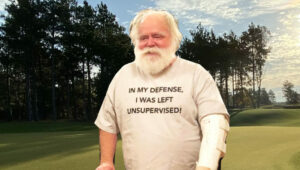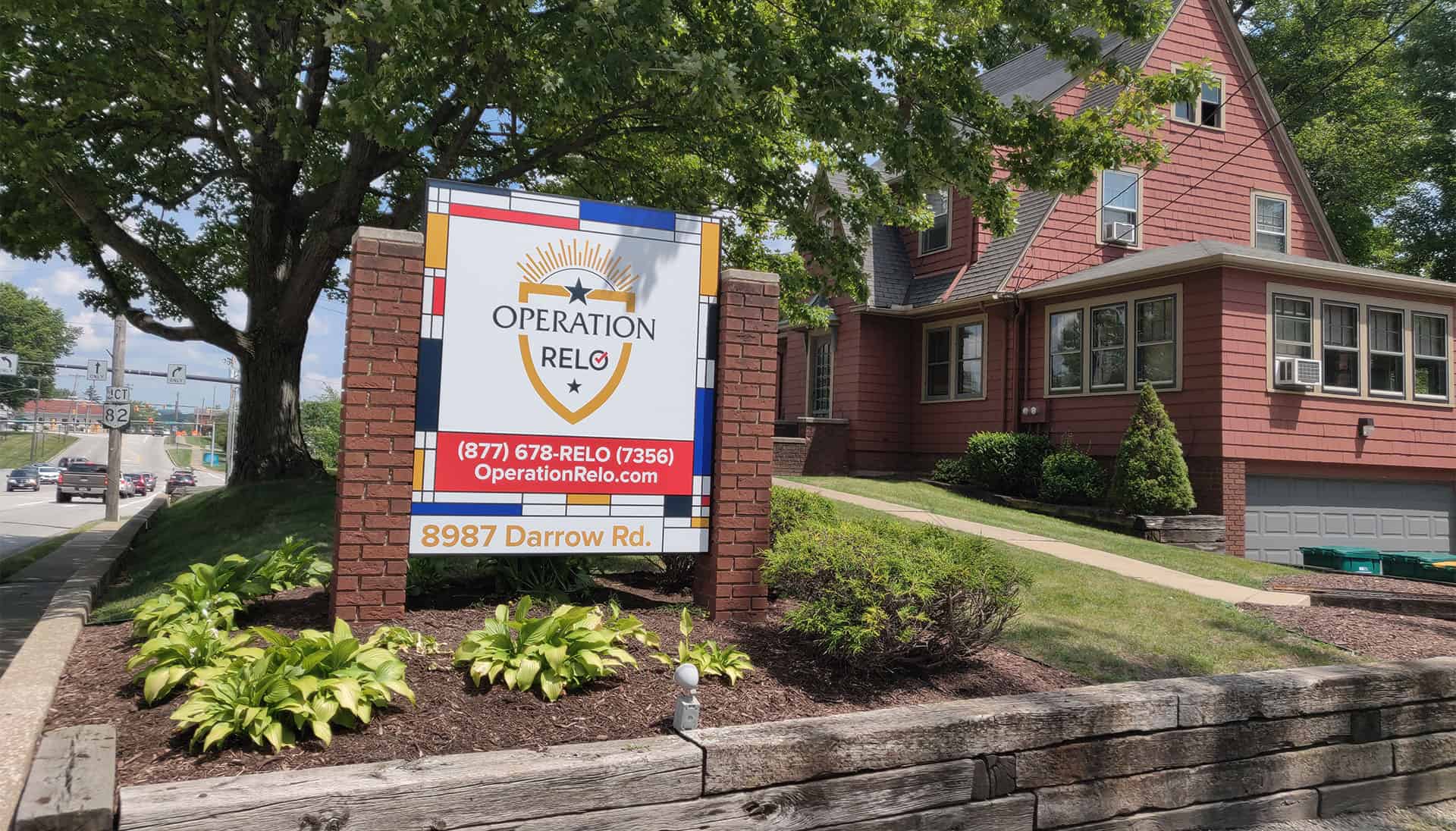Resources


The Senior Change

The Stuff of Downsizing

How to know if your household possessions are worth a small fortune

New Rules for The Elder Years

Congratulations! You’re an Executor

What are Realistic Inheritance Expectations?

Dying well is within your control

The Talk: How to Convince Elderly Parents to Move
We understand. We would like to be your partner managing this overall process which will take some time and have many steps.
The first step is to assess your situation and come up with a plan. We need a phone call and probably a home visit to listen so we can address the needs of you and your family. Then we will present you with a proposal tailored for your family’s situation.
Email us at [email protected] or call us at (877) 678 – RELO (7356).
We often work with families with an elderly parent who has either passed away or is seeking to adjust their lifestyle to enjoy elderhood … to enjoy every precious moment.
So many of the things that were important when raising a family are now more of a burden than a blessing – the large house, the many possessions. We help right-size most appropriate for an end-of-lifestyle.
The typical job involves
- Establishing suitable living arrangements for the elder
- Moving to a new home or repairing the current home
- Conducting a tag sale
- Removing all the items in the house (a “cleanout”)
- Staging, prepping and selling the house
For many families, the house is its major store of value.If your plan involves selling the house, we want to get the best price for the house possible by putting it on the market at the most appropriate time in the best possible condition.
We will work with you to get the best value of your possessions, using the most economically appropriate approaches. Theymay have market value, but it’s usually a fraction of what the house is worth and a fraction of their original value.We help liquidate -- by giving the possessions away to family members, selling them in tag sales or donating them to charities. But neither one of us is will get rich selling your possessions. Keep your eye on the much bigger prize: selling the house for top dollar.
Operation Relo gets the home in its best possible state of marketabilityfor the cost. Our teams of tradespeople can handle any job from cosmetic improvements like painting and carpeting to functional tasks like a new kitchen or bathroom. Then when it’s time to market it, we make sure it’s clean, smelling great and staged to make your buyers anxious to give you an attractive offer.
We also work with families to find suitable new facilities for the elders, and we move them as well. This often involves providing a variety of coaching services. We don’ practice medicine, law or counseling per se, but we do coach families through these stressful processes.
It starts with a phone call, where we discuss your situation, the house, and your timeframe. From there, we schedule a walk-through of the house, where we get a better understanding of whether a tag sale will make economic sense as well as possible home repair work. At this stage we are usually working with your realtor or can recommend one for you. Then we submit a proposal. Depending on the complexity of the project that proposal may have firm prices, estimates or requests for more information gathering.
We plan against your desired completion date which is often based on a combination of personal and market considerations. From there, we plan backwards, developing a comprehensive multi-step plan. If we propose an estate sale, tag sale or garage sale, we like to lock in that date which will drive many of the other activities.
Up front, we prefer to meet with those individuals with decision making authority as well as their key influencers. This may be family members, an attorney, an accountant, or a doctor … maybe even a priest, minister or rabbi. We like to make contact with those people as quickly as possible because you trust them, and we can develop plans together with them in your best interests that have oversight.
In situations with children living out of town, we often provide local management. When your project is getting started, we establish ground rules, budgets, and trusts. With this in place, the projects go much smoother. It allows is to efficiently proceed with authorization to conduct the work, easy access to the property (keys and lockboxes) and agreed upon check-in points.
Many elders prefer to stay in their homes. The home is a familiar place. They instinctively can find every doorknob, light switch and item in the back of a kitchen drawer. They can walk the house at night and know where every creaky step makes noise.
But familiarity doesn’t always equate to safety. Stairs can be hard to navigate for people using canes. Beds that are 3 feet or more off the ground are unnecessarily dangerous. Older eyes need brighter lights, and bathrooms need to reduce the likelihood of falls using non-slip surfaces and shower stalls that are easier to access.
If the family decides the elder will stay in their homes, that’s great, but the home should be modified to accommodate the needs of the senior, rather than having the elder struggle with a home designed for a newlywed family getting ready to raise a brood of children. This may involve getting a first-floor bedroom set up as well as installing strategic grab bars and other improvements to lighting and plumbing.
Our team has experience doing work recommended by HHS (Health and Human Services, Administration for Aging) projects including grab bars, ramps, plumbing and lighting improvements and all the things required to make homes safer for seniors.
Let’s go through our comprehensive elder checklist together to make the home a safer place.
A cleanout is an industry term for removing every item in the house. It creates a fresh slate for the next occupant. Many well lived in homes have accumulated huge amounts of stuff, jammed into every nook and cranny of the house. You might be surprised to learn that many older homes contain between 3 and 7tons of trash! You can understand why the new owners want it removed as a condition of purchase.
Sometimesthe children feel it’s their duty to do this on their own. It may be part of the ole’ culture of rugged individualism … or maybe it comes froma parochial childhood that bred in a gnawing sense of guilt. Whatever the cause,cleanouts are brutal jobs, especially if you have sentimental value to many of the items in the house.
A typical situation involves a daughter taking charge, She gets a dumpster in the driveway and soon afterwards starts to fill up garbage bags with old clothes and letters. The other siblings are either out of town or otherwise indisposed. It takes her several hours and many tears to just fill just a fewtrash bags, and thenshe leaves, emotionally and physically exhausted. This may go on for months. Often it goes on for more than a year.
Operation Relo is like a magic wand. Our seasoned crews quickly and efficiently remove the items from the house, in a fraction of the time it will take a family member.
The first priority is to place items of value – especially those with sentimental value – with family members and close friends.
We also sell the possessions, but it costs money to conduct a sale which we share together.
We also give items to charity, whether that be your local religious organization or public charities like Habitat for Humanity, Veterans for America, Goodwill or Salvation Army. Unsellable items are disposed of properly -- we do our best to recycle them or place them in landfills run by licensed companies.
Cleanouts and moves involve crews and trucks. We quote a job price based on the estimated number of hours, tonnage to be moved, and the miles driven. Many times, there are special considerations including exceptionally heavy or fragile items and environmentally sensitive materials which may involve insurance charges. Hoarder homes carry exceptional health risks meriting a surcharge as do situations where there is likely to be a risk of viral infection.
Estate sales and tag salesare structured with a revenue share and a cost pass-through. We split the revenues for the sale, and in order to ensure our incentives are aligned, we pass through the costs of running the sale. Most of these costs are the labor associated with the sale, advertising, and security costs, if needed. There may also be a charge for homeowner’s insurance if it has not been maintained on the home.
Repairs are quoted for each piece of work.
Our trucks and crews are available for hire with standard day rates.
A range of storage options are available, and the rates mostly depend on the level of access you require. 24/7 access will be mor expensive. If you’re willing to put your items on pallets, shrink wrap them and make an appointment with a 3-day lead time you will get a better monthly rate.
Management fees. In the event that we are managing a large set of activities, especially if financing is involved, we will charge a management fee to cover our time.
Our general policy is to receive a portion of the project cost upon acceptance, another portion as we begin the work and a final portion when the work is completed. We accept cash, certified check and credit card payments. Once credit is established, we also accept personal checks and ACH transfers.
In some instances, our clients don’t have the liquidity to pay us in this manner. We have accommodated these situations with our escrow financing program. We also have a foreclosure program for families in this difficult situation.
The most important thing is to give yourself as much time as possible to sell. For example, if we have 6 to 12 months to sell a household item, we can afford to list it online and wait for the prefect buyer to come along.
Many people we work with don’t have the luxury of time. There are a number of options. The second biggest consideration is transportation. Every time we need to move the item somewhere, you incur the costs of moving it. The best non-moving options are a) an estate or tag sale, b) listing it on Facebook marketplace and having the buyer pick up the item from your house, and c) an in-home auction. For estates that have a large enough potential valuation, we often invite private dealers for a personal showing. If it’s worth moving the item, we can arrange for consignment sales and public auctions.
They are worth their market value. As a rule of thumb, possessions are worth what a willing buyer will pay you for them within the timeframe that you want to sell them.
Many people think their possessions are worth more than what the market is willing to offer them for it. They are possibly confusing market value with:
- The original purchase price. Please remember almost everything depreciates over time. Consider that the minute car is driven off a dealer’s lot, it’s market value drops by ~25%.
- Replacement value. If you had to buy a brand new one how much would it cost? Possessions are worth less than replacement value, and very often technology advancements and global trade make it possible to buy new versions of an item that functions better and costs less. For example, today’s flat screen televisions are larger, cheaper and better than those made only 5 years ago.
- Sentimental value. The market rarely shares the memories of anyone’s possessions with the possible exception of Elvis memorabilia. In general, if you think it’s worth more than what the market will pay for it, then keep it or store it.
-
Market value is what a willing buyer agrees to pay for your item. Willing buyers come and go from the market every minute. It’s like the stock market. One minute, IBM stock is worth $100, the next it may be worth $80 or then $120 for the same underlying company. There is no set fixed price on market value for any given asset, but there are ways to estimate the ranges you may be expected to get.
- Comparable Sales. How much has a similar item sold for in your area within the last few months? Note this is not the price that a similar item was listed for on the popular sites like eBay, Facebook Marketplace, Let Go or Offer Up. Many items listed for sale online eventually sell for less than list, which is typically 10% to 30% lower.
- Family. Ask your children (or grandchildren), do they want the item? How much money would they give you for it? They will likely place a higher value on the item than the market since they impute some sentimental value to it that the market does not. But if they don’t want it, that can give you a read on what the broader market will tell you.
- Current Market Alternatives. If you were to buy a new version of this, how much would it cost? Then ask, does that new version work better than your item does? That old 52” plasma TV that cost you $2,000 in 2007 can now be replaced by a much lighter LED 60“ LED with a sharper picture for $350.
- Condition of the Asset.Certain furniture items and collectibles do attract the interest of collectors who often pay top dollar, but since there are so many items in the market, they usually will only buy items in mint condition. Honestly assess the condition of your item. If it was ever broken – even if repaired – it has much less appeal, and they will know.
- Does it work?If the riding mower has been in the garage for over five years, you need to consider the cost of getting the asset back in working condition. Many people collected clocks -- grandfather clocks were particularly popular a while back, but many of them don’t chime anymore. There is some market for clocks that don’t work, but collectors want them in working condition, and there aren’t many people who can keep old clock running anymore.
This is a difficult job to do across the many items that you have in your home. There are usually a dozen or so that you most want to watch. Please identify them, and we will track them closely.
Almost always, yes you do. When we are conductingtag sales on your property, your homeowner’s insurance must be maintained. If that’s not possible, we will secure it for you for an incremental fee.
We carry insurance for property in our possession (including storage), collision, comprehensive and liability with Liberty Mutual.
Since these are major transitions and conmen often target elders, there is a complex web of laws and ethical guidelines designed to protect the elders and their families. We applaud the spirit of those guidelines, but they can actually hurt those they are trying to protect. We provide our sincere best efforts to help families get through these transitions intact with the goal of allowing them to enjoy every precious moment together.
We’ve lived through this ourselves, which inspired our motto -- Whatever It Takes. But of course, there are practical limits.
- We will not do anything illegal.
- We will use our best judgement in support of public health -- including guidance on quarantines and social distancing – while also working to efficiently resolve your situation. There are a lot of gray areas out there.
- Many of the groups we coordinate with have their own ethical guidelines, including advocacy and legal codes that can be confusing to well-intentioned family members. We aren’t bound by any one organization’s edicts or standards. We do our best to transparently navigate the various guidelines toward the best outcome possible for the family unit. We consider our “client” to be the family, not necessary the elders or the children or one of the children.
- And we have families of our own to feed. So while we will turn every stone to find innovative ways to fund projects, we don’t work for free.
Lastly, we recognize families are under enormous stress and pressure during these transitions – and they often are not at their best–andwe will attempt to defuse antagonistic behavior as quickly as possible, especially when it threatens the family’s attempt to make a successful transition.
Occasionally an important person involved in the transition may becomenasty, possibly even recalcitrant. We will attempt to address and change that uncooperative behavior, but if that’s not possible, we will walk away, as much as we dislike doing that to any client.
Different people reach out at different times. You may be feeling isolated burdened with an enormous weight. We’re here to talk today at [email protected] or call us at (877) 678- RELO (7356).
Sometimes a spouse or parent has passed.
Or maybe you’ve just come from a family gathering, a holiday, wedding or barbeque ... when the kids and cousins were enjoying the precious moments of the family all together and then said to each other
- “I’m worried. Mom is getting old. How many more of these are we going to have?”
- “How the heck are we going to deal with all this stuff when the inevitable happens?”
We can work with your for a plan that isn’t pushing anyone into the grave. It will just make everything copacetic so you can continue to enjoy all those precious moments.
Yes. If you are the kind of person who wants to ease the burden on your family members after you’ve passed, we have plans to reduce the stressful impact by gradually addressing all of the strains that will need to be addressed. Just like you can pre-pay for funerals, you can pre-pay for settling your estate.
It’s a lot easier when you have more time if you contact us before it’s an emergency situation.


